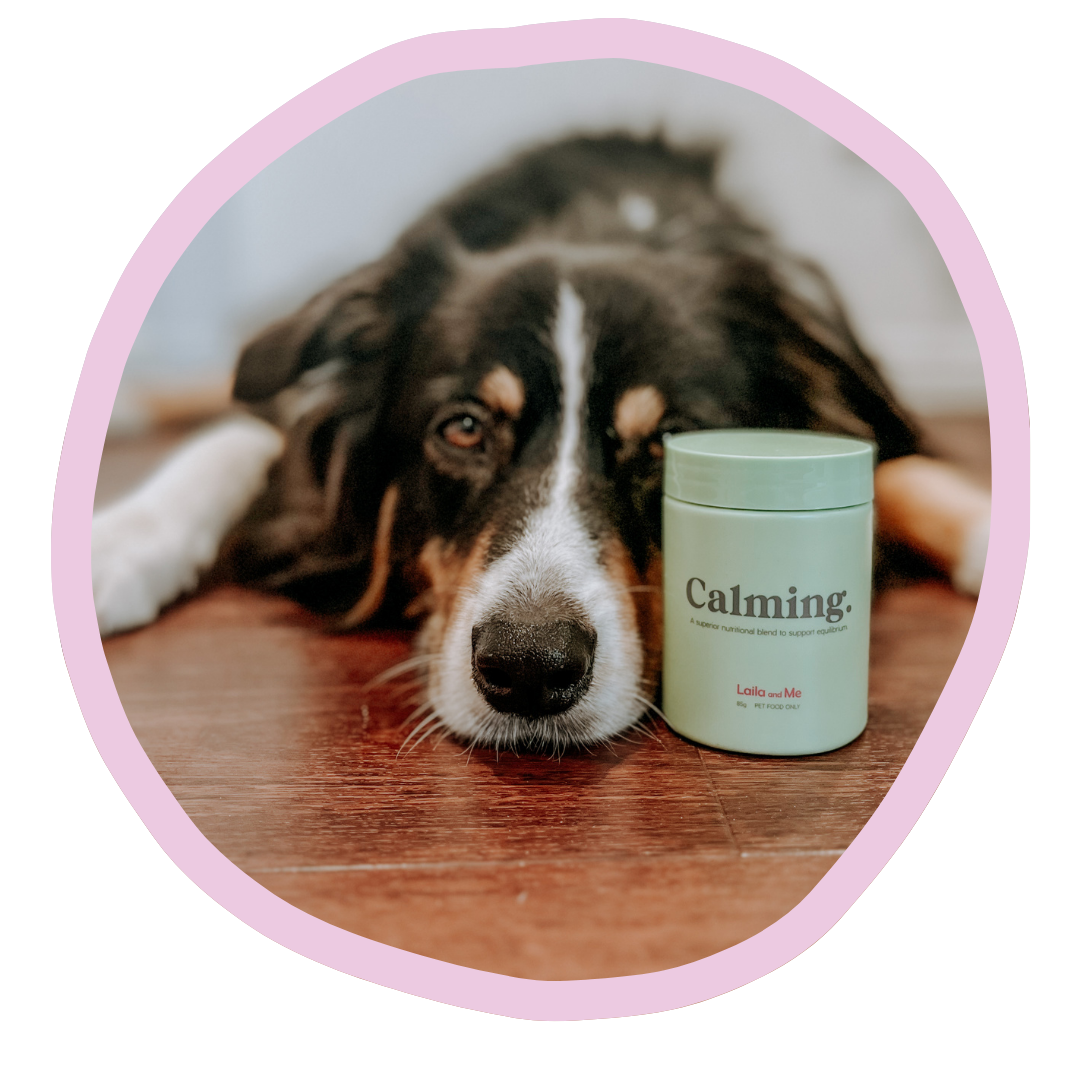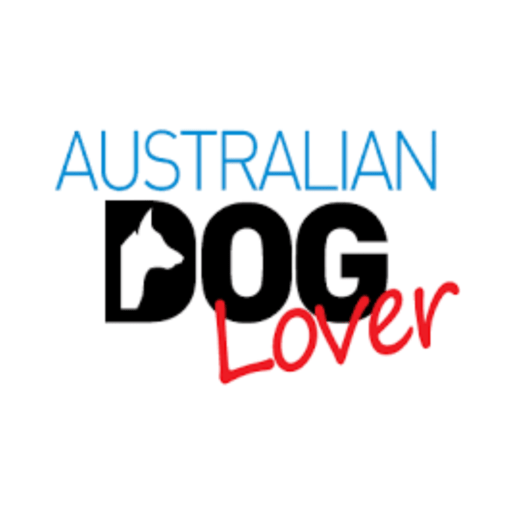Australian made dog treats | free shipping over $200
Australian made dog treats | free shipping over $200
TREATS
Travel Anxiety in Dogs: How to Keep Holidays and Vet Trips Stress Free
August 05, 2025 2 min read

Whether it’s a family holiday or just a quick vet visit, some dogs find travel more nerve‑wracking than exciting. From trembling in the car to refusing food, travel anxiety is common, and like humans, our dogs can show it in both body and gut. The good news? With the right preparation (and a little help from nature), you can make travel days calmer and healthier.
Why Dogs Get Travel Anxiety
Travel shakes up your dog’s routine. Different smells, sounds, movements, and environments can all trigger stress. Common causes include:
- Motion discomfort – The unfamiliar sensation of moving vehicles.
- Unfamiliar environments – Strange places can be overwhelming.
- Negative associations – Past bad experiences at the vet or groomer.
- Separation concerns – Being away from home or a favourite human.
An anxious dog might pant, pace, drool, whine, bark, or even refuse food. Some will experience gut upset like loose stools or vomiting due to the gut‑brain connection.
Holidays and Long Car Trips
A holiday with your dog can be amazing…beach walks, bush trails, cosy cafes, but only if they’re relaxed enough to enjoy it. Before a big trip:
- Introduce short drives before the main journey.
- Pack familiar items like their bed or blanket for comfort.
- Plan rest breaks for walks, toilet stops, and water.
- Avoid overfeeding before travel to reduce nausea risk.
Vet Trips and Short Journeys
Not every car ride is for an adventure, and your dog knows it. Vet trips can be especially stressful, but you can help by:
- Making the carrier or car a positive space with treats and praise.
- Visiting the vet for happy check‑ins (no needles, just pats and treats).
- Staying calm yourself. Dogs pick up on our stress signals.
The Gut–Brain Connection: Why Calm Starts in the Belly
When a dog feels stressed, their body releases hormones that can disrupt digestion. That’s why you’ll often see loose stools, gas, or lack of appetite when anxiety hits. Supporting both calm behaviour and digestive health is key.
Natural Solutions for a Calmer, Happier Dog
1. Calming Treats & Supplements
If your dog needs extra help on travel days, our Calming Dog Supplement can make a big difference. Our vet‑formulated blend includes:
- Chamomile & valerian – Known for gentle relaxation.
- L‑tryptophan – Supports serotonin production for mood balance.
- Magnesium – Helps ease muscle tension and restlessness.
2. Digestive Support
For travel days, digestive supplements with:
- Slippery elm & pumpkin – Soothes the gut lining.
- Probiotics – Helps maintain healthy gut flora under stress.
- Ginger & fennel – Naturally reduce nausea and gas.
Combining calming and gut‑supportive ingredients helps your dog relax mentally and feel comfortable physically, making every trip smoother.
The Bottom Line
Travel anxiety in dogs is real, but it doesn’t have to put a damper on holidays or vet visits. By easing their mind, supporting their digestion, and preparing in advance, you can help your dog face travel with confidence.
Leave a comment
Comments will be approved before showing up.













